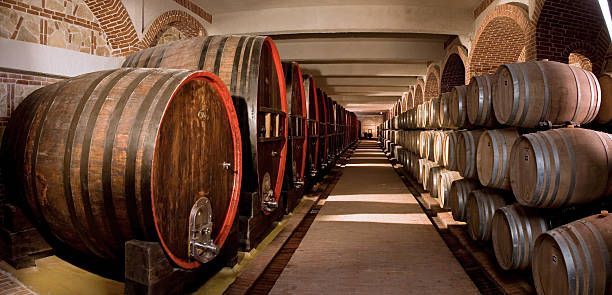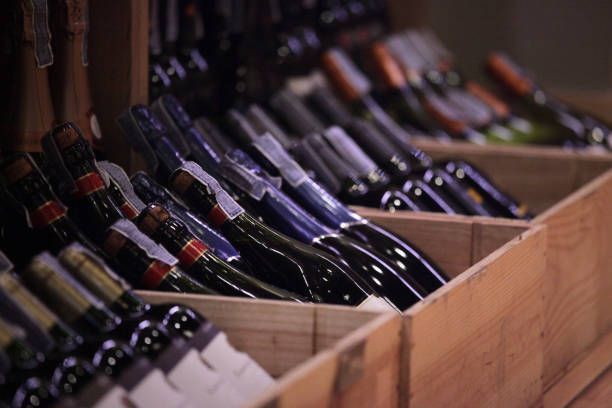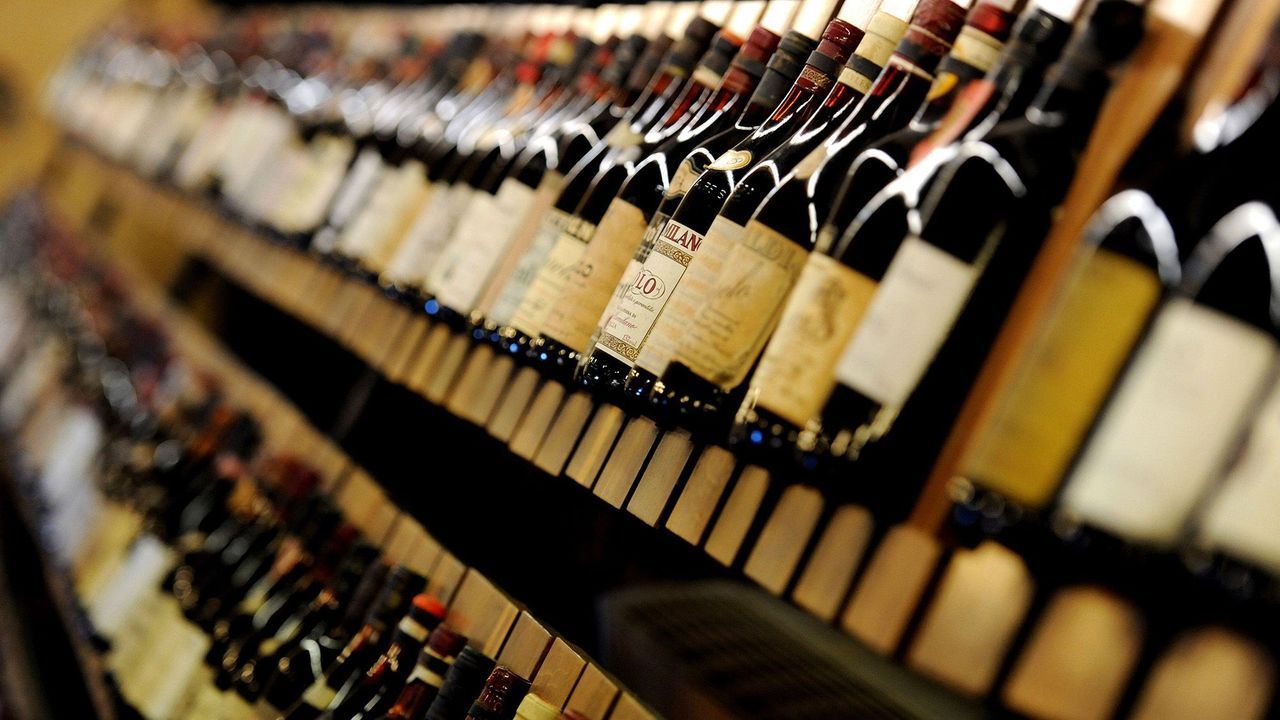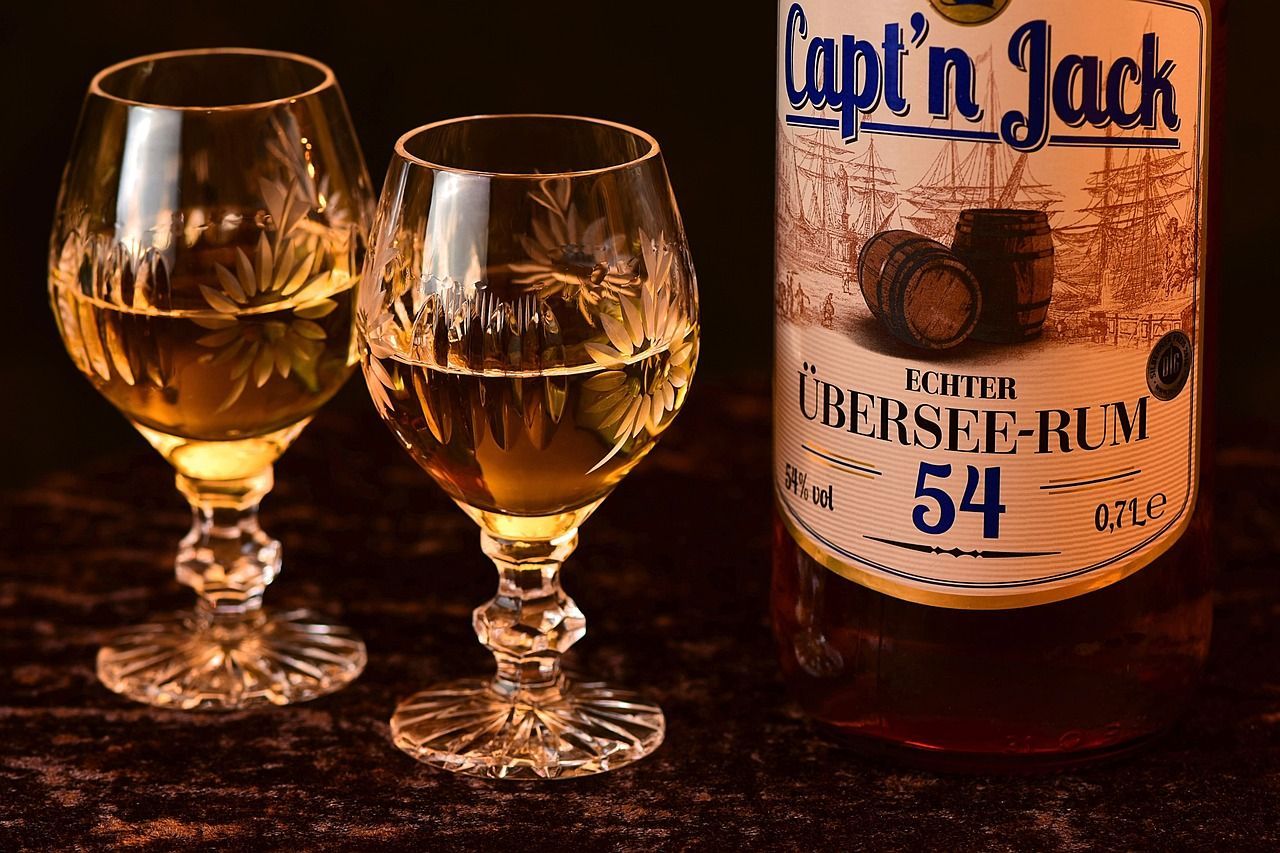Black Winemakers Abroad
The wine industry has been traditionally dominated by a particular demographic, with a lack of diversity and representation among its executives and makers. On the other hand, black winemakers are creating their mark in the wine industry and demonstrating that they deserve a position. Despite numerous challenges, such as confined access to funding and resources, black winemakers have been breaking down barriers and establishing a presence domestically and internationally.
These innovators are redefining wine culture and winemaking by bringing their distinct approaches and perspectives to the wine sector. They are demonstrating their skills and abilities in wine areas worldwide, from South America to Europe to Australia.They are producing good quality wines that are gaining industry and consumer recognition.
The tales of such black winemakers worldwide are inspiring, demonstrating that everything is possible with passion, determination, and hard work.Their experiences show that representation and diversity in the wine business are crucial and required for its success and growth. The effect black winemakers are having on the international wine industry seems undisputable, and it is helping to bring forth another progressive change for everyone involved.
Challenges Faced by Black Winemakers
In the wine industry, black winemakers encounter problems, which include limited opportunities for resources, lack of representation and difficulty obtaining funding. These obstacles make it difficult for them to develop in the wine sector and reach their best capabilities.
Few Resources
Most black winemakers don't have access to winemaking equipment, vineyards and expertise in winemaking methods. Without such resources, black wineries may struggle to produce the highest quality wines and achieve industry recognition.
Lack Of Misrepresentation
White people have traditionally established a presence in the wine industry, making it challenging for black wineries to build networks, find mentors, and acquire acceptance for their efforts. Insufficient representation can contribute to an industry lacking diversification and fewer opportunities for black winemakers to demonstrate their creativity and talents.
Lack Of Financial Support
Many black wineries lack financial funds to start and expand their enterprises, making it challenging to compete in the wine industry, which requires large investments. The insufficient financial fund may restrict their capacity to improve product quality, expand operations and reach a larger audience.
Longevity Wines has quickly grown since its inception and is available in many countries worldwide, such as Europe, Asia and the United States. The company has dedicated itself to making delicious, affordable, healthy wines worldwide for its enthusiasts. Longevity Wines makes a variety of top-quality wines regarding its high price black wines, including white, rose, and red wines.
Generally speaking, Longevity Wines is a successful and growing company that strives to create high-quality, premium wines loved by wine enthusiasts worldwide. The company may expand in the coming years due to its emphasis on traditional winemaking methods, local sourcing, and sustainable development.
Robin McBride and Andrea McBride
The McBride Sisters collection was established in 2005 by Robin McBride and Andrea McBride. Robin was born in New York, and Andrea in New Zealand, and their shared love of wine brought them together. Their objective was to establish a wine product that celebrated the diversification of Black women within the wine business, which provided a friendly atmosphere for individuals from diverse backgrounds in the frequently exclusive community of wine.
The McBride Sisters Collection began as a small portfolio of New Zealand wines and has since grown to include a variety of wines from other regions worldwide. Today, the business makes various wines, such as sparkling wines, reds, whites, and rosés. The McBride Sisters Collection has received accolades for its dedication to environmental and sustainability responsibility and its attempts to motivate Black women who want to join the wine industry.
The organization has also garnered recognition and honors from numerous wine publications and competitions for its top-quality wines. The McBride Sisters Collection's achievement has served as a springboard for transformation in the wine business, encouraging numerous different Black women to grow professionally in the industry and trying to encourage it to be more diverse and inclusive. Today, the company is still a leader in the Black winemaking business and a known trailblazer.
Desiree Noisette
Desiree Noisette founded Mermosa Wines, a wine-producing company dedicated to encouraging representation and diversity in the wine business. Mermosa Wines was founded in 2017 and has become top in the black wine production industry. The company's objective is to offer handcrafted, high-quality wines representing its clients' distinct cultures and flavors.
Mermosa Wines produces white, sparkling, and red wine using conventional winemaking methods and the best ingredients. The business has gained widespread acclaim for its commitment to excellence and initiatives to encourage diversity and inclusion in the wine business. Mermosa Wines has made a significant change in the wine business despite its short history, and both industry professionals and wine connoisseurs appreciate its effects on producing premium wine. The company is expanding its services and growing rapidly.
Chris Lyons
Chris Lyons is well-known, mostly in the black wine production community. Chris Lyons Wines, which he founded in 2017, is his company. His business produces high-quality, award-winning wines for a wide range of customers. He produces his wine from grapes supplied by vineyards in Mendocino County, California's Napa Valley, Sonoma County, and vineyards worldwide.
The Wines have grown significantly since its inception. The company has developed a distinct portfolio of wines which appeal to a wide range of consumers and has worked hard to establish close relationships with distributors, wineries, restaurants, and retailers. Chris has also worked to spread awareness about the significance of maintainable wine-growing practices.
Chris Lyons Wines dedicates itself to building a product that is both respected in the sector and valued by customers. The business's wine portfolio is expanding rapidly, and the company is introducing new products constantly. Chris Lyons remains an amazing role model in the black wine production industry, and his company exemplifies the opportunities that arise when combined with hard work, determination, and passion.
André Hueston Mack
André Hueston Mack is the founding father of Maison Noir Wines and a major member of the black wine production business. The company was established in 2007 to increase the diverse culture in the wine business and spotlight the flexibility of Oregon's Willamette Valley wine. Maison Noir Wines has grown significantly over the years, earning a reputation for creating small-batch, high-quality wines that are equally exceptional and approachable.
The company is prospering due to a significant emphasis on community engagement, quality and sustainability. Maison Noir Wines have been available throughout the country and are widely desirable by wine enthusiasts.
André Hueston Mack has established himself as a prominent voice in the wine business, recognized for his genuine enthusiasm for wine production and devotion to promoting inclusion and diversity. He has won various honors for his charitable donations to the sector, and he is a pioneer in the production of black wine.
Theodora Lee
Theopolis Vineyards is a top-quality winemaking company that started in 2003, and Theodora Lee is the owner. Lee's enthusiasm for wine, mixed with her agricultural background, inspired her to establish Theopolis Vineyards. The main objective of starting the company was to make quality wines that portray the distinct flavor and aroma of the area where the grapes have been grown.
Theopolis Vineyards has encountered steady progress over the years, attracting local and overseas wine enthusiasts with its broad group of wines. The winery uses grapes hand-picked from vineyards underlying the winery to produce the wines. Among the wines produced by the winery are Chardonnay, Pinot Noir, Cabernet Sauvignon, and Zinfandel.
Theopolis Vineyards is also proud of its eco-friendly and sustainable strategies, such as using eco-friendly packing materials and adopting sustainable farming techniques. The winery has won numerous awards for its dedication to sustainable practices and the excellent quality of its wines.
Nicole Kearney
Nicole Kearney launched Sip & Share Wines in 2016, a Black-owned wine business that produces better wines worldwide. Sip & Share Wines carries a selection of red, sparkling, and white wines that have been hand-selected to satisfy the company's high standards. Kearney collaborates with highly regarded winemakers to create a diversified wine list that caters to a broad range of taste buds.
The company is well-known for its emphasis on society and education. It hosts tastings and events to unite people and as a forum for learning wine. Sip & Share Wines receives favorable reviews from clients and industry gurus. Its dedication to quality, community, and education has enabled the business to establish itself in the Black wine production sector.
Faustin's wines have gained extensive acclaim for their exceptional quality and distinct flavor, making him a highly prized producer. He has also served as an advocate for providing more opportunities for black individuals to join the winemaking industry, and he has continued to work to provide support and mentorship to aspiring winemakers.
Regarding his significant contribution to the black winemaking industry, Faustin has passionately supported sustainable growth and eco-conscious practices in wine production. He contends it is critical to protect the resources of the land for coming generations, and he has executed sustainability methods in winemaking operations and his vineyard.
Bertony Faustin's contribution to the black wine industry cannot go unseen. Through his dedication, passion and innovative spirit, he has opened the door so that others can follow in his tracks and establish a more inclusive and diverse enterprise.
Dawn Blacks and Jenny
Dawn Blacks and Jenny are the founders of Jenny Dawn Cellars winery, two black women who have seen a demand in the black wine industry for increased representation and diversity. The company was established in 2015 to highlight black winemakers' distinct flavors and perspectives while also creating opportunities for black people to join the industry.
Jenny Dawn Cellars winery has emerged as a prominent voice within the black wine business. Jenny and Dawn founded the winery in response to an absence of representation in the wine sector. They wanted to establish a company that would allow them to showcase their passion and creativity for wine production.
The winery makes various wines, including red, sparkling, and white. The winery produces their wine to highlight black winemakers' distinct flavors and perspectives and provide a taste of the African American community's cultural heritage.
Jenny Dawn Cellars has gained extensive acclaim for its unique method of winemaking and its dedication to sustainability and diversity. The company has motivated others who want to make a difference in the wine business, and it remains at the top of the list of the best black winemaking company.
Greg and Shae Frichette
Greg and Shae Frichette founded Frichette Winery in 2011 after leaving their career paths to continue pursuing family business in Washington State's Red Mountain AVA. Within a few years, the Frichette winery's family company expanded to incorporate a tasting room and average productivity of over 2000 bottles. The Frichette family seems committed to making handcrafted, high-quality wines highlighting the Red Mountain AVA's distinct terroir. They produce various white and red wines using biodynamic and sustainable farming methods, such as zinfandel, Syrah, Cabernet, Semillon, Malbec, and Merlot.
Frichette Winery also contributes significantly to the operations of the Black wine industry. Greg and Shae Frichette are Black Americans who have established a reputation within the predominantly white known universe of wine. They are committed to establishing opportunities for Black individuals in the wine business and are regular players in organizations that encourage inclusion and diversity in the wine business. Frichette Winery is assisting in building a more diverse and equal wine industry for everyone by committing to quality, diversity, and sustainability.
Dwyane Wade owns D Wade Cellars winery, which specializes in manufacturing premium wines from grape varieties in Sonoma valleys and California's Napa. The winery was established in 2018 and has become one of the most important members of the Black wine production industry.
Wade's love for wine started when he was a basketball player. He was motivated by the rich history of Black winemakers, who have been producing wine for over 400 years, and he wished to pass on this heritage to a younger generation of wine lovers. He recognized an opportunity to establish a business that would appreciate Black culture and provide a gathering place for a Black wine enthusiast.
D Wade Cellars makes various high-quality wines, including Cabernet Sauvignon, Chardonnay, and Pinot Noir. The winery has won awards for its good-quality wines, rapidly becoming a favorite among wine enthusiasts.
The winery's expansion has been incredible, and it has gained widespread acclaim for its dedication to producing top-quality wines and initiatives to help the Black community.
It is good to support black wineries for the sake of the wine business and society. Black winemakers offer different industry insights, experiences, and sociocultural factors, resulting in various styles and wines. Furthermore, black winemakers frequently face challenges during their daily operations. We can tackle these problems and encourage inclusion and diversity in the wine sector by assisting black winemakers. Furthermore, promoting black winemakers could benefit economies and local communities by generating employment and giving back to the community.










